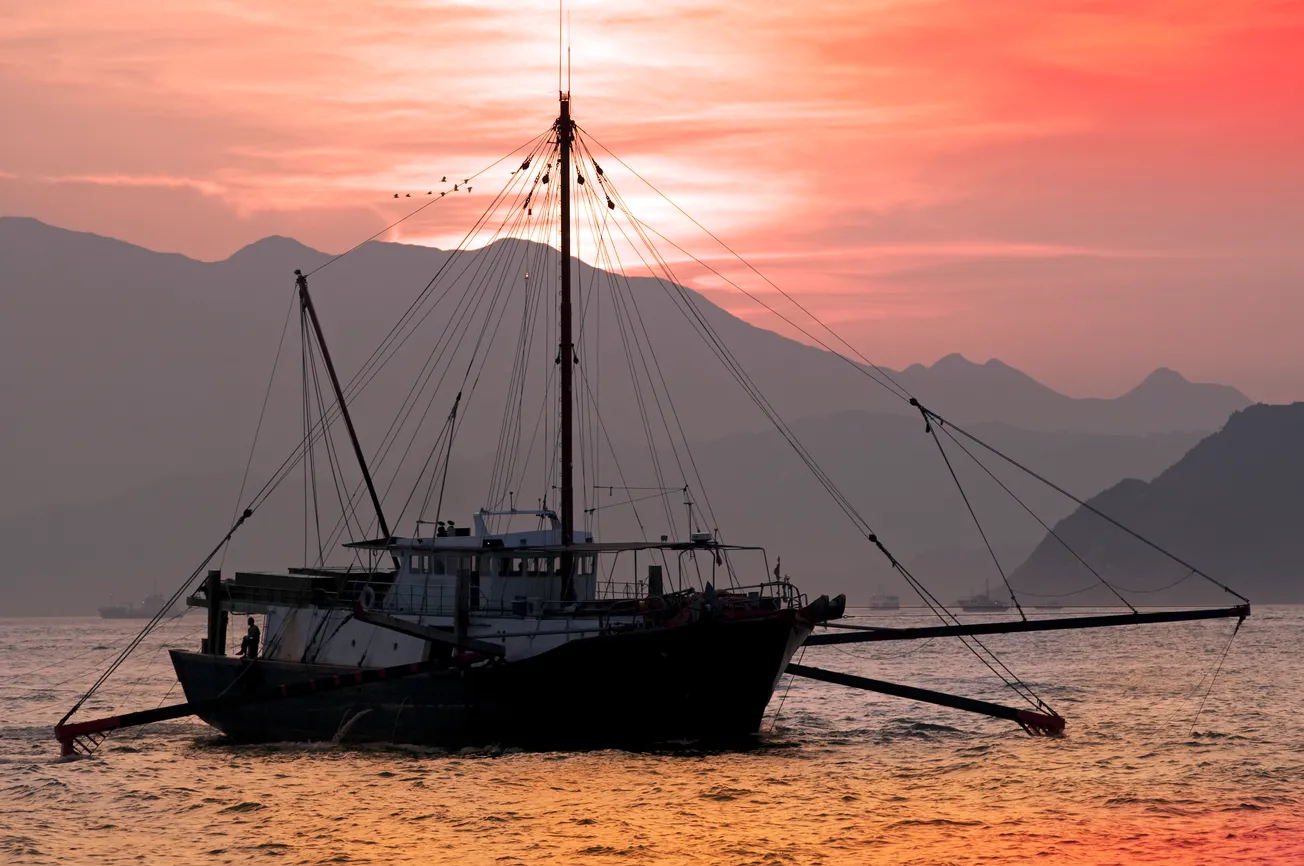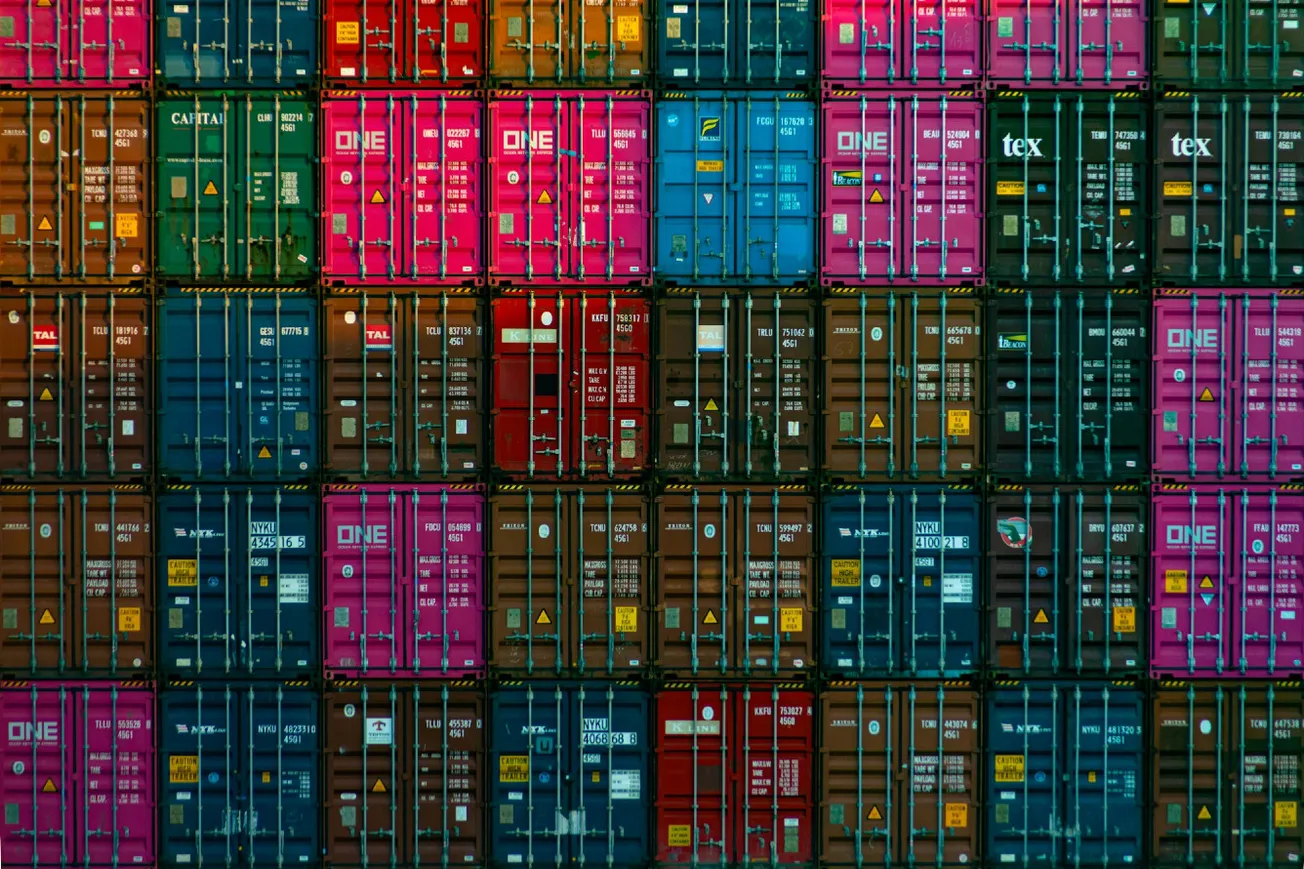A recent report released by the Environmental Justice Foundation (EJF), a London-based NGO, paints a gruesome picture of exploitation perpetuated by the Chinese distant water fishing (DWF) industry on the marine ecosystem, livelihoods of vulnerable coastal populations and the crew who man the operations in the south-western Indian Ocean.
China boasts the largest distant water fleet, both in size and production. But, the country's enviable top spot hides a rotten underbelly. Beijing also ranks as the worst offender among 152 countries worldwide in the Illegal, Unreported, and Unregulated Fishing Index (IUU Risk Index).
The Chinese fleet has been accused of flouting maritime laws, engaging in illegal fishing, catching endangered species, and engaging in other foul fishing practices. Far from the Chinese shores, deep-sea fishing vessels scoop up the sea's bounty from waters as far as Latin America, West Africa, and Antarctica.
The multibillion-dollar Chinese seafood industry is growing yearly, backed by Beijing's support and subsidies, exacerbating pressures on global fish stocks. Many of the vessels are state-owned, subsidized, sponsored, or backed by Communist Party officials.
CDWF vessels' excessive and exploitative fishing pays scant attention to sustainable practices, depleting stocks worldwide and threatening the livelihoods of coastal communities in East Africa. It is estimated that Mozambique, one of the poorest countries in the world, ranked 181 out of 189 countries on the Human Development Index, loses US$70 million in revenue each year due to illegal fishing.
Beijing is using its behemoth global infrastructure investment plan, the Belt and Road Initiative (BRI), to make forays into African waters. With 52 of the 54 African countries on the BRI bandwagon, China is leveraging their dire needs to its advantage.
Shark finning and the deliberate capture and injury of vulnerable marine megafauna are rampant on the boats. These large vessels also pollute the coasts by discarding large quantities of catch deemed not valuable enough to process. As a Beira fisherman describes, "They catch a lot of small fish but throw them away and only pick the fish they want. Whole beaches are covered with dead fish."
The callous treatment is not restricted to marine life. Human rights violations are commonplace on these vessels, many of which are manned by foreign recruits. Crews report beatings, assault, verbal abuse, intimidation, and other horrors. Most of them say they are underpaid. The fisher folk suffer inhuman conditions but have little recourse owing to an industry-wide lack of transparency. The scale of exploitation and human rights abuse recounted is staggering.
The EJF report, "Tide of Injustice: Exploitation and Illegal Fishing on Chinese Vessels in the Southwest Indian Ocean," is based on testimonies of the crew who have worked aboard the vessels. They report that half of the 86 instances of illegal fishing and human rights violations in the area between 2017 and 2023 involved Beijing-backed vessels.
Change is unlikely to be swift. Late last year, Beijing released a State Council white paper emphasizing "green and sustainable" fishing practices after EJF put out a similar report in 2022. But, most of the policy remains on paper as Chinese officials cite their rights. In September 2023, Chinese foreign ministry spokesperson Mao Ning stated, "China exercises the right to develop and use the fisheries resources on the high seas in accordance with relevant international law."
The trouble is, as China exercises its rights, it is trampling on the rights of other countries and individuals. Beijing is exploiting and depleting the world's marine resources with no regard for sustainability or the future.









